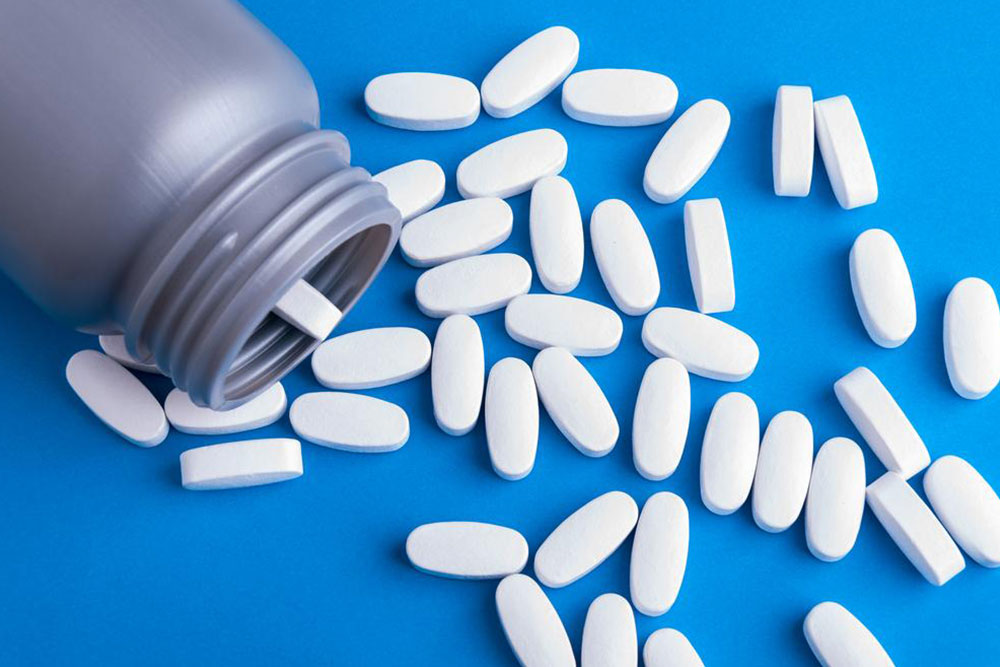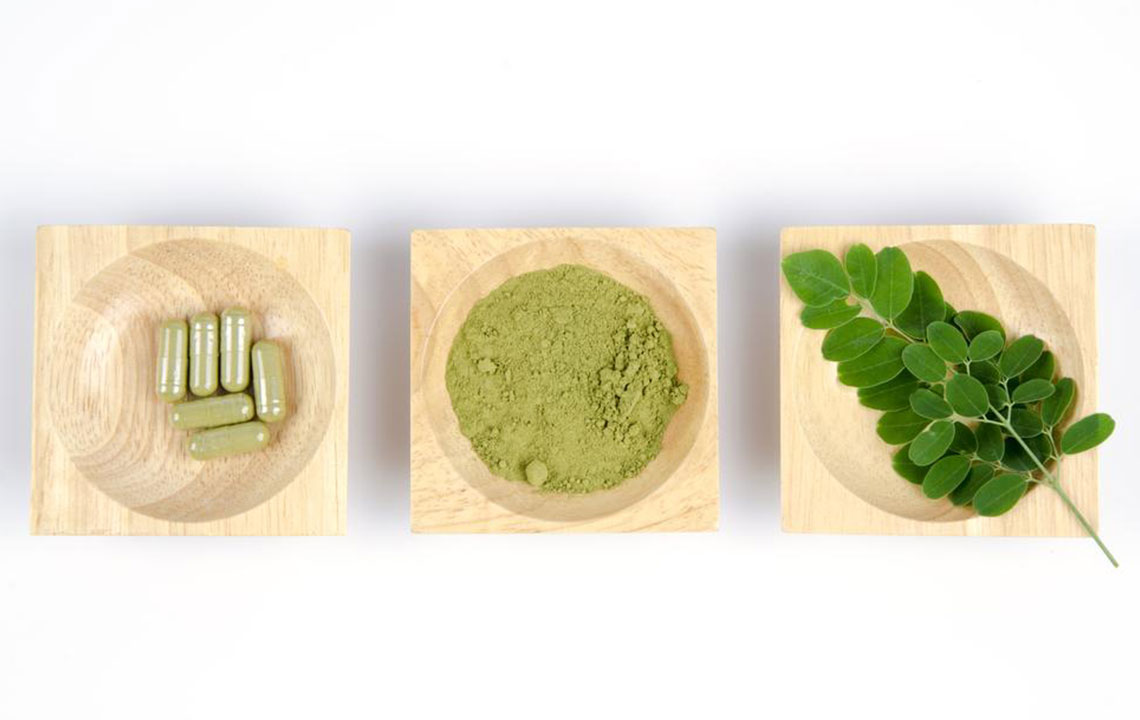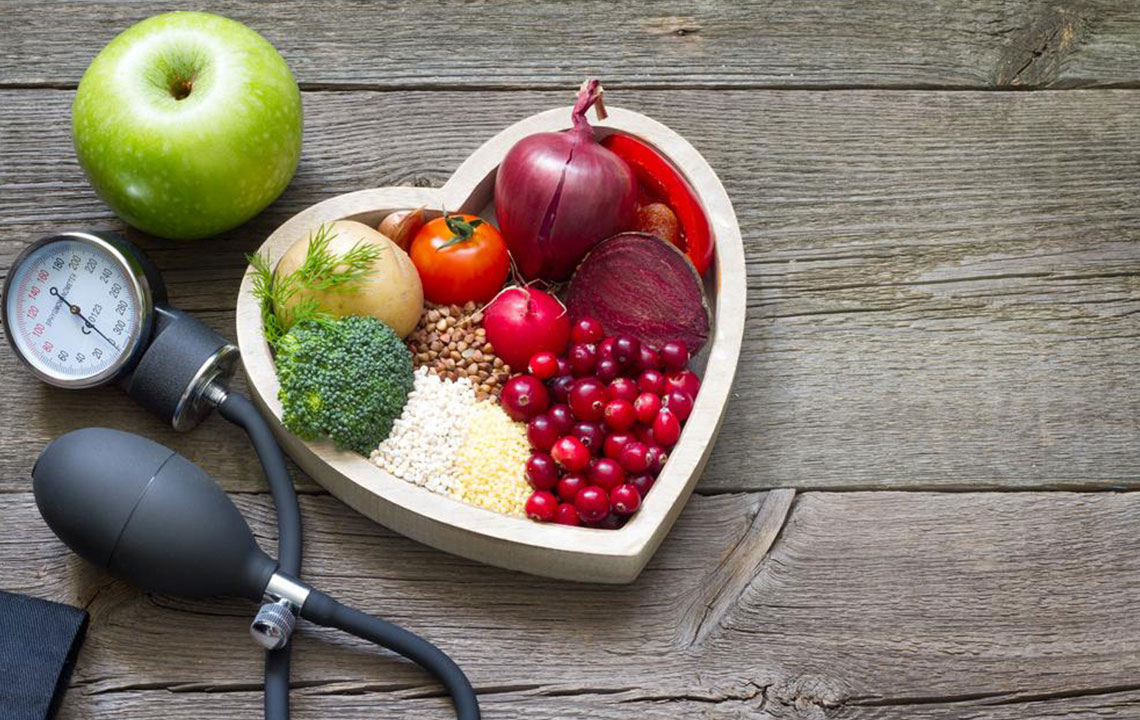Proven Methods and Nutrients to Lower LDL Cholesterol Safely
Discover effective methods and key supplements to lower LDL cholesterol safely. This guide highlights proven natural strategies, including omega-3s, plant sterols, and fiber, along with tips for integrating healthy habits to support heart health and reduce cardiovascular risks. Consult your doctor before making significant changes or adding supplements to ensure optimal and safe cholesterol management.

Proven Methods and Nutrients to Lower LDL Cholesterol Safely
High levels of bad cholesterol significantly raise the risk of heart disease and strokes. Managing LDL cholesterol is vital for maintaining cardiovascular health. Combining a nutritious diet, regular exercise, and specific supplements can effectively control cholesterol levels. This article highlights some of the best supplements that support heart well-being and help reduce LDL cholesterol, guiding you to make informed choices for a healthier life.
Key Supplements for Cholesterol Reduction
Omega-3 Fatty Acids
Found in fish oil, omega-3s can lower triglycerides by up to 30%, reducing cardiovascular risks. Be aware of potential mercury content and minor side effects like bad breath or nausea. It's best to consult a healthcare professional for proper dosing.
Artichoke Leaf Extracts
These extracts may decrease total and LDL cholesterol, though some individuals might experience gas or allergies. More research is needed to confirm their long-term effects.
Niacin (Vitamin B3)
Known for raising HDL (good cholesterol) and lowering triglycerides, niacin should be used under medical supervision due to possible side effects like flushing, headaches, and rare liver concerns.
Red Yeast Rice
Contains monacolin K, which significantly lowers cholesterol. Since some products include lovastatin, a pharmaceutical, quality control and medical guidance are essential due to potential risks.
Garlic
Commonly consumed for heart health, garlic's impact on cholesterol is modest. Small amounts are safe, but definitive benefits remain uncertain.
Psyllium Husk
As a natural fiber, psyllium helps reduce LDL cholesterol and triglycerides, especially when diet alone isn't enough. Large doses may cause digestive discomfort; medical advice is recommended.
Barley & Soy Protein
Whole-grain barley and soy protein effectively lower cholesterol with minimal side effects. Replacing high-fat protein sources with soy can support heart health.
Whey Protein
Similar to soy, whey protein can help reduce cholesterol and triglycerides but may lead to bloating or nausea.
Oat Bran
A high-fiber supplement promoting heart health; excessive intake might cause bloating and gas.
Plant Sterols and Stanols
These compounds lower LDL cholesterol but might cause digestive issues and could interact with certain medications like ezetimibe.
Ground Flaxseed
Useful for decreasing triglycerides, but overuse may cause bloating, gas, or interfere with blood-thinning medicines.
Green Tea Extract
Popular for cholesterol reduction, yet it can cause stomach discomfort and interact with blood thinners.
Other Promising Supplements
Ingredients like policosanol, buckwheat, and grape polyphenols are under investigation. Always consult your healthcare provider before starting any new supplement, especially if you're taking medications.
Consultation with a healthcare professional is essential before adding supplements to your routine. Combining these with a healthy lifestyle offers the best chance for managing LDL cholesterol effectively. Severe cases may require prescription medication—inform your doctor about all supplements you are using.
Note:
Our platform offers research-based health insights but does not replace professional medical advice. Always seek guidance from your healthcare provider prior to starting new treatments or supplements for safety and efficacy.


